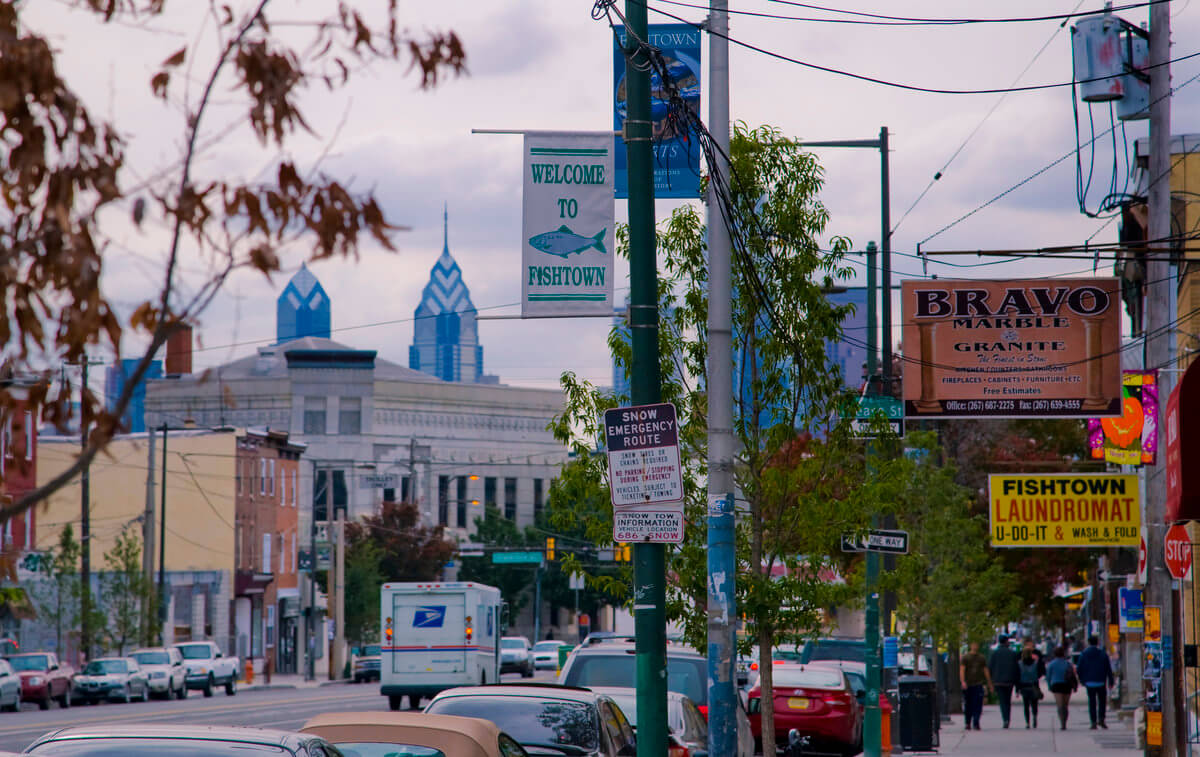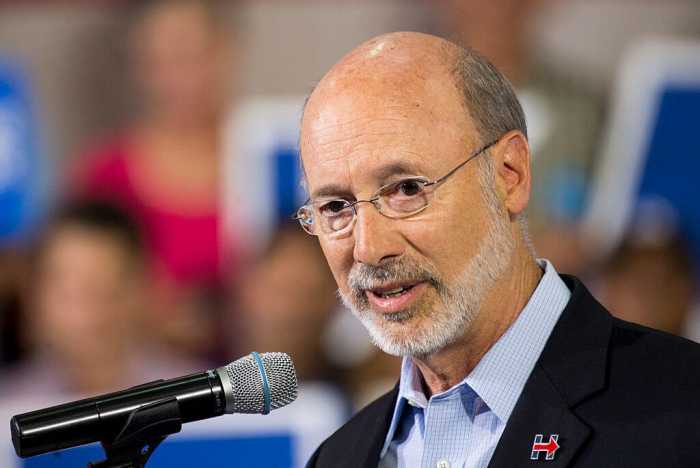A state moratorium on evictions expired Tuesday, leaving thousands of Philadelphians in danger of being turned out of their homes.
About 500 renters with eviction cases that were in the last stage of the legal process prior to the pandemic could be evicted as early as next week, according to attorney Kadeem Morris, of Community Legal Services, which provides legal representation to low-income residents.
“This is a significant problem that is kind of coming down the pipe, and we’re at the point where it’s going to become a crisis,” he told Metro.
Hearings on previously filed cases are scheduled to resume Thursday, and evictions could begin as soon as Tuesday.
Councilwomen Helen Gym, Jamie Gauthier and Kendra Brooks said 3,000 people could be evicted in the city this month, and state officials reported that roughly 400,000 Pennsylvanians cannot afford to pay rent.
“This is a matter of life and death,” Gym said in a statement Monday. “If the moratorium is not extended, mass evictions will reflect a conscious choice.”
The moratorium was first enacted by the state Supreme Court, and Gov. Tom Wolf extended it twice in response to the economic downturn resulting from the COVID-19 pandemic.
Wolf, who had hinted he might be able to lengthen the measure, said he does not have the authority to further suspend evictions and foreclosures. He called on Republican legislative leaders to act.
“The law is pretty clear that I had the ability to do it before; it’s pretty clear now that I don’t,” he said, speaking Harrisburg. “I really need to get the General Assembly, and that’s the way a democracy ought to work. I think this is fair.”
Nearly 28 percent of renters in the state are classified as extremely low income, according to Robin Wiessmann, executive direction of the Pennsylvania Housing Finance Agency.
In addition to the immediate need for housing, evictions can stay on a person’s record for years and make it difficult for them to find another place to live, Morris said.
City officials on Monday rolled out a new diversion program that seeks to keep landlords and tenants out of court.
Landlords will have to notify tenants of the new program. A conference will be scheduled within 30 days, with mediators working with both sides to help resolve the issue before it goes to court.
It won’t help those with pending eviction cases, but the program is required for landlords filing new eviction cases due to a lack of payment stemming from COVID-19-related income losses.
If the mediation system is bogged down and a hearing is not scheduled within a month, the landlord will be allowed to file in court, Deputy Managing Director Eva Gladstein said.
Morris urged all residents struggling to pay rent to apply for the city’s emergency rental assistance program, which is accepting applications until Sept. 30.
Wolf asked state lawmakers to devote $100 million in federal CARES Act funding to rental assistance programs across the state, and he also urged them to alter the program to allow more tenants to take advantage of it.
Currently, there is a $750 monthly cap on aid, preventing some from utilizing the program. Wiessmann said a formula-based allocation might encourage more landlords to participate.
For more information on rental assistance, visit www.phlrentassist.org. Details about the diversion program can be found at www.phlevictiondiversion.org. Renters who want more resources can also call the Philly Tenant Hotline at 267-443-2500.


























